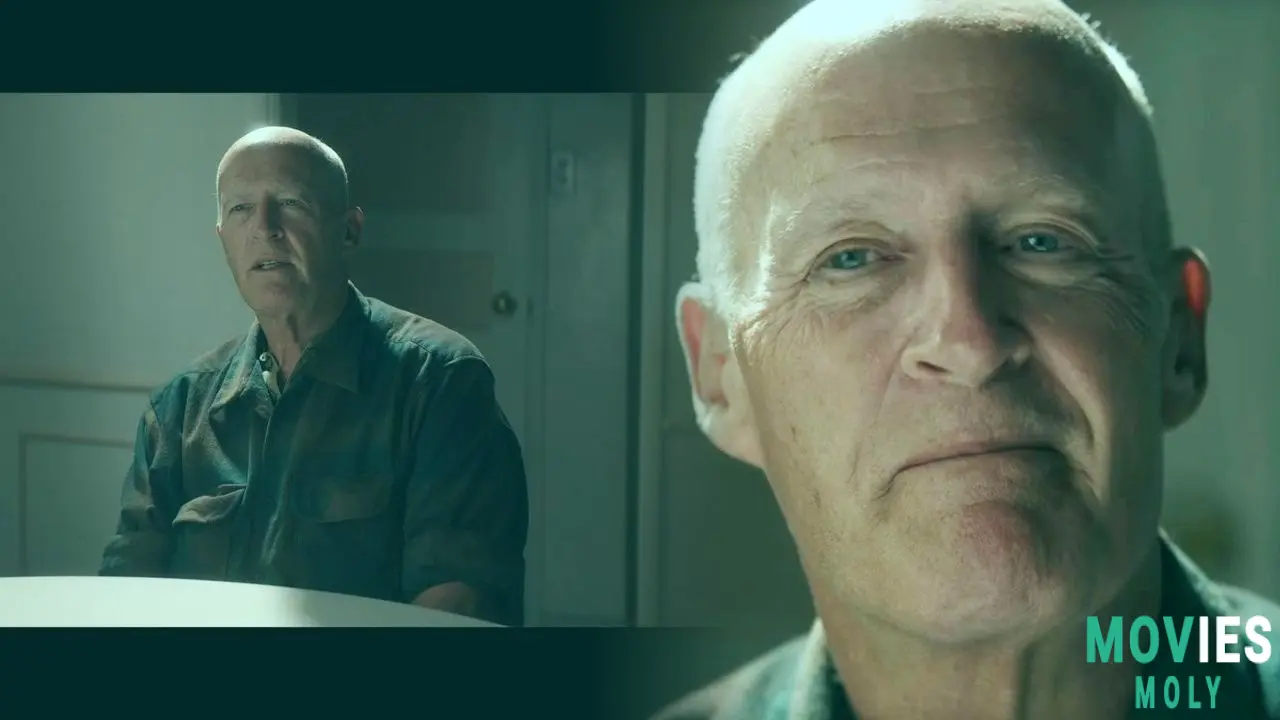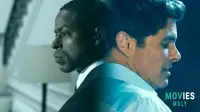If you thought you knew about truly shocking true crime, HBO's new documentary series The Mortician is here to prove you wrong. This three-part show, which started on June 1, looks at the unsettling story of a cremator who went to prison for mistreating human remains. It is a story that sounds like something from a horror movie, but it is all real.
In the 1980s, David Sconce ran a cremation business that purposely mixed up human remains. He also took valuables from people's loved ones. Sconce spent time in and out of prison after admitting he was guilty of his crimes in 1989. What makes this series even more startling is that Sconce himself speaks in the show. He gives his own cold take on what he did. It is a bold choice by the filmmakers, and it certainly adds to the unsettling feeling of the series.
The episodes detail the dishonest ways David Sconce increased profits for his family’s business. This was Lamb Funeral Home in Pasadena, California. Sconce’s former employees talk about the terrible things they saw when working for him. Customers share how upsetting it was to receive the wrong remains from Sconce’s company. Current morticians also give their thoughts on the proper ways to care for human remains. It is a hard watch because it shows how far someone can go when driven by greed.
David Sconce's Shocking Methods for Maximizing Profit In the Cremation BusinessHow a Family Business Turned Into a Scene of Unbelievable Disrespect
Pasadena area funeral directors started to suspect Sconce because he was doing more cremations than his competitors. He also offered lower prices. This was because, as former employees explain in the series, Sconce’s team would cremate many bodies at once. They would break bones like collarbones, arms, or legs to fit as many bodies as possible into the oven. It is a truly disturbing picture of what happened behind the scenes. This method was not just about cutting corners; it was about treating human remains with utter disrespect.
When his operation moved further into the California desert, the work got even bigger. They were cremating 150 to 200 bodies at a time. This level of activity was clearly wrong. A soldier who had been at Auschwitz happened to live near Sconce’s desert operation. He called 911 because he smelled burning flesh. He said it was a smell he would never forget after World War II. That is when Sconce got caught. This detail alone shows the shocking scale of his operations and the horror it caused.
In 1989, Sconce admitted he was guilty of mistreating human remains. He also admitted to taking gold fillings from corpses’ teeth at Lamb Funeral Home. He spent a couple of years in prison. Then he was sent back in 2013 for breaking his lifetime probation by having a firearm. He was let out on parole in 2023. Funeral directors in the series emphasize that Sconce was an exception. They say the Sconce problems led to more rules about cremations. This includes laws that demand unexpected inspections of crematories. Taking dental gold or silver is now a serious crime. This shows that Sconce's actions had a lasting, albeit grim, impact on the industry.
Former Employees And Sconce's Ex-Wife Shed Light On The Horrific Details
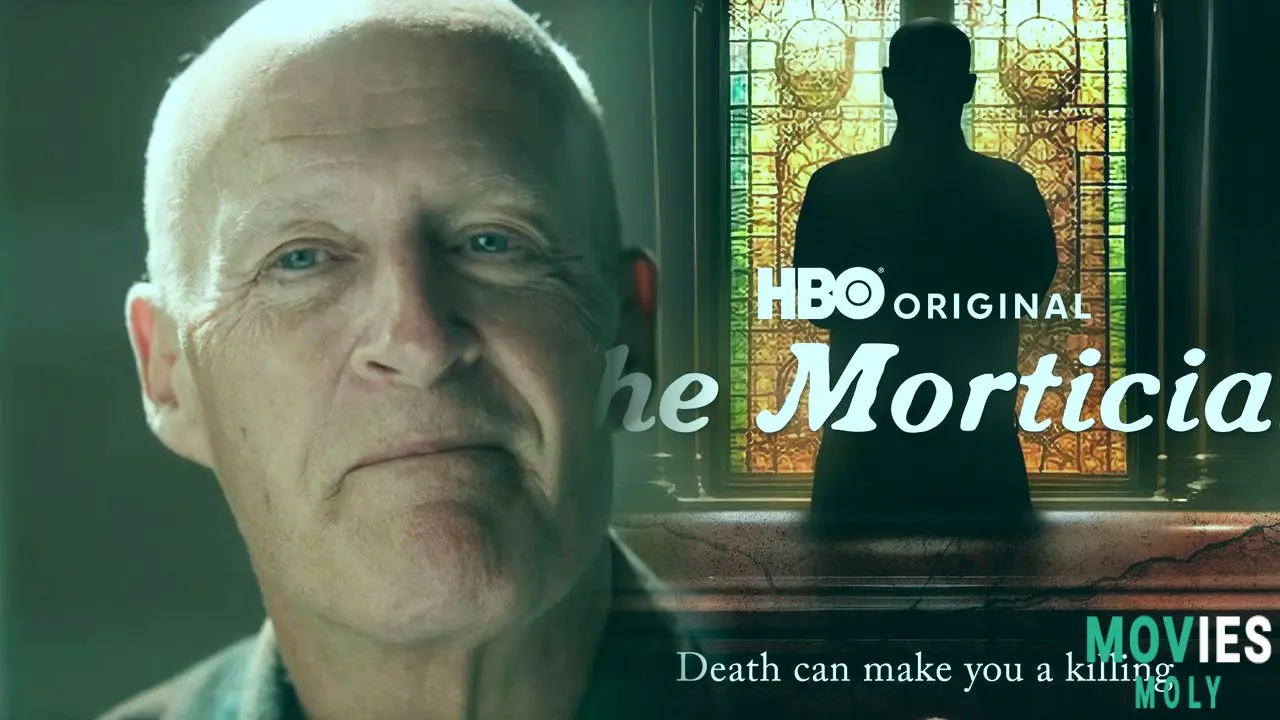
The Hidden Depths of the Cremation Scandal Revealed by Those Who Saw It Firsthand
People who carried out cremations for Sconce remembered the warning signs they saw while working for him. Former employees said they stripped clothes off bodies to sell. They also cut off body parts to get jewelry to sell. There were even contests among the employees to see who could fit the most bodies in the oven. Andre Augustine, who worked for Sconce, says that Sconce’s former employees did not know which remains to put in which box. Clients would get the remains of not only their loved one, but also remains from other bodies. This means families received mixed ashes, often without knowing.
Sconce’s ex-wife Barbara Hunt says her husband kept the cremation business a secret. She claims she only found out what he was doing from news reports. But she remembered seeing Sconce sitting on the garage floor, cracking teeth with a hammer. He would put the gold in a Styrofoam cup that said "Au," the chemical symbol for gold. This image is truly unsettling. It paints a picture of a man utterly detached from the human dignity of what he was doing.
Sconce openly talks about cremating many bodies at once in the series. He shows no shame about it. The series also shows that he used to drive a Corvette with the license plate "I BRN 4U." He argued that because crematories cannot clean every speck of ash from the ovens before another body goes in, it justifies what he did. "Comingling of ash is not a big deal. I don’t put any value in anybody after they’re gone and dead. They shouldn’t when I’m gone and dead. That’s not a person anymore." His words are cold and show a complete lack of feeling about the sanctity of human remains.
David Sconce's Chilling Justifications For His Crimes And The Director's Insights
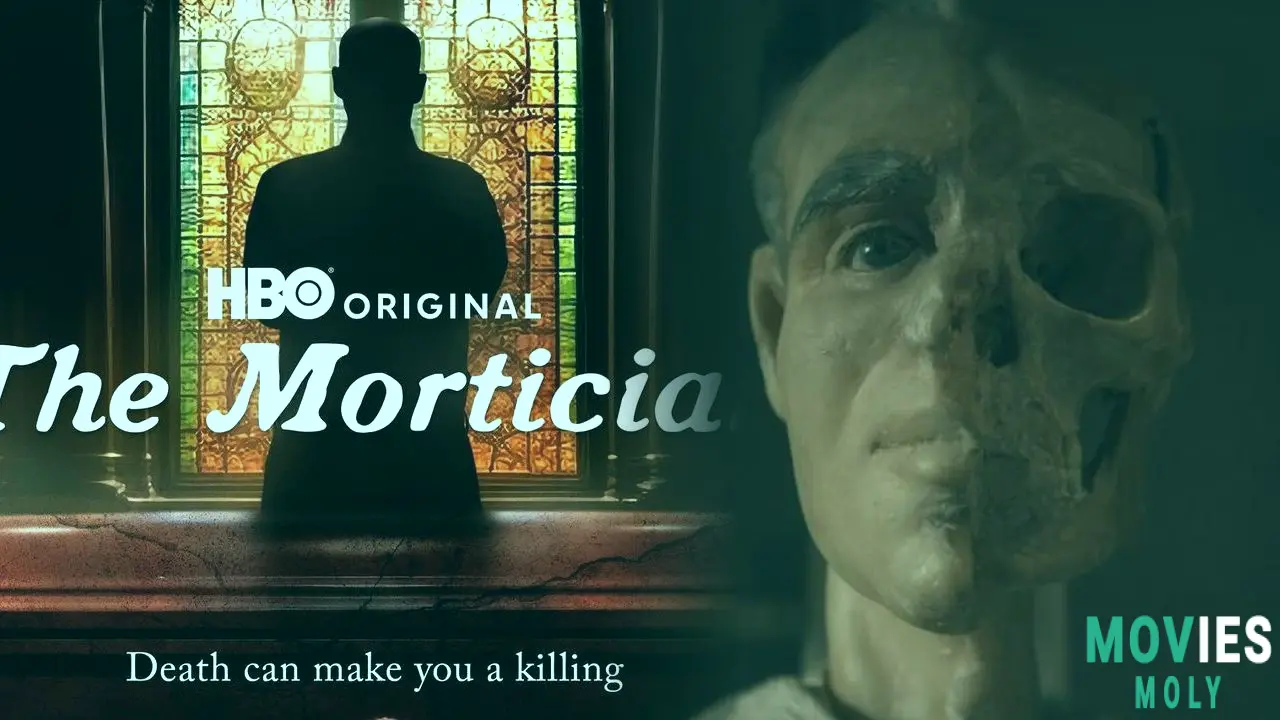
A Look Into The Mindset Of A Man Who Saw Profit Where Others Saw People
Sconce said that most families signed up for him to scatter their cremated relatives at sea. No relatives were there to watch. So he did not see why anyone would care if the ashes he scattered came from one body or many bodies. When asked how he felt about giving families the cremated remains of many people, he said, "There’s no difference in anybody’s cremated ash…people just got to be more in control of their emotions. That’s not your loved one anymore, and it never has been. Love them when they’re here. Period." This shows a disturbing view of death and human emotions.
Director Joshua Rofé argues that there was more to Sconce’s reason for doing this. He told TIME, "It was about money." Rofé remembers a moment during filming when he was alone with Sconce in a motel room. Sconce asked him what Rofé would do if someone gave him a lot of money to make a documentary that would make Sconce look bad. Rofé said, "There was a look in his eye unlike any that I'd seen before. It was just scary." This small detail adds a layer of genuine creepiness to Sconce's character. It highlights that his motivations were rooted in something dark and calculating.
Giving Sconce a voice in the documentary felt like the right choice to Rofé. He says it is important to not avoid stories about people who have committed crimes. "If we were to all walk around pretending that everything in this world is hunky dory, we would be doing a great disservice to humanity," he says. "But taking a good, hard look at people like this is vital." This perspective suggests that even the most uncomfortable stories serve a purpose. They force us to confront realities we might prefer to ignore.
The Broader Impact Of The Sconce Scandal And What It Says About Trust
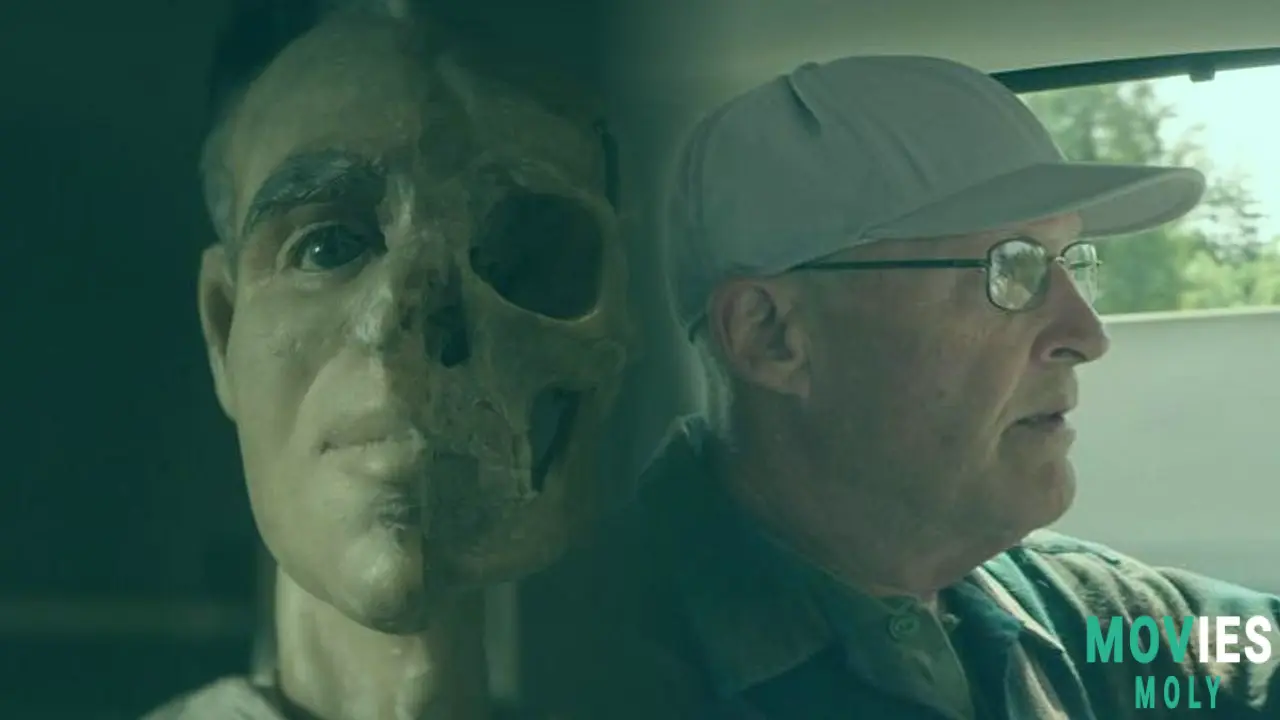
How One Man's Actions Sparked Changes And Raised Questions About Institutions
The Sconce crimes came to light on January 20, 1987. Firefighters responded to complaints about smoke and bad smells at a steel building in Hesperia. There they found dozens of partially cremated bodies and cans full of human ash. This awful finding exposed an operation that had been running with terrible efficiency. All while families believed their loved ones were getting individual, respectful cremations. The thought of this happening is truly horrifying.
The documentary also brings up a larger point about how we deal with death in a society that often treats everything as a business chance. While most funeral directors are ethical, Rofé’s film suggests that when sacred traditions become market deals, people like David Sconce can appear. They take advantage of the trust that ethical operators work hard to earn. It makes you think about how institutions work and if they are truly protecting those who are most vulnerable. The series is a reminder that when profit becomes the only focus, things can go terribly wrong.
Overall, The Mortician is a compelling watch. It is not just about a specific crime. It also makes us think about bigger questions about trust, human dignity, and the commercial side of death. The disturbing details are brought to life through personal accounts and Sconce’s own words. It is a story that stays with you long after the credits roll. It serves as a stark warning about what can happen when greed takes over.

